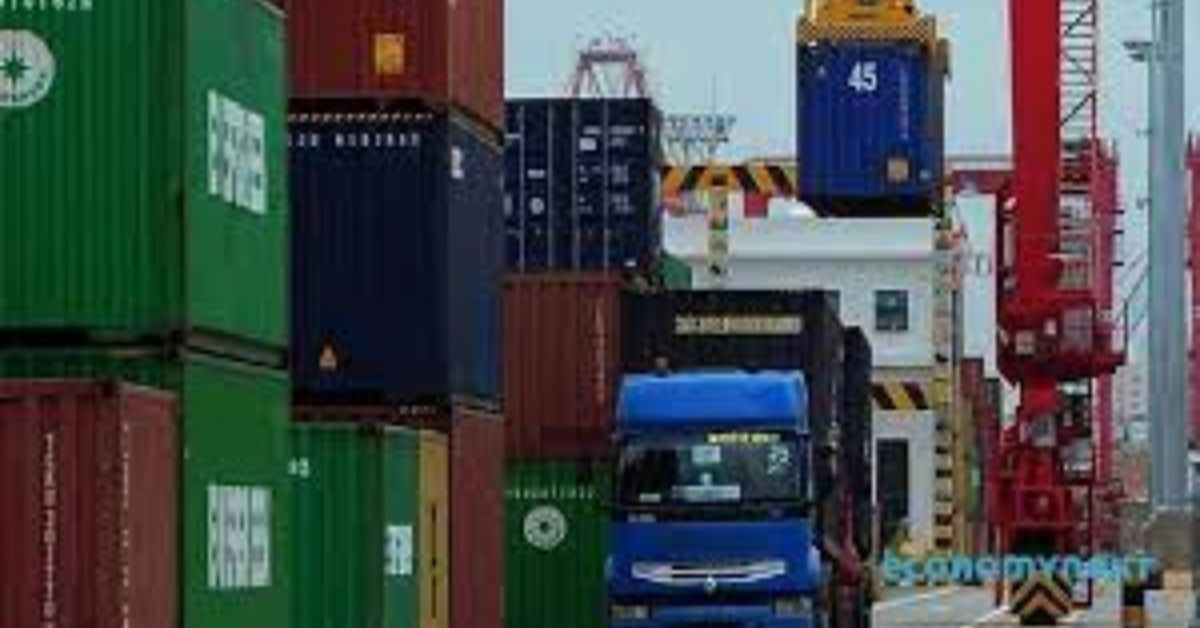The Sri Lanka Ports Authority (SLPA) is in the process of waiving demurrage charged on containers at the SLPA-owned Colombo port after importers failed to clear them on time amid forex shortage, officials said.
‘’We are still at the primary stage of examining documents and we are still not sure about the amount that will be waived off,” a senior SLPA official told EconomyNext on Tuesday (23).
“We can’t even be sure of the exact number of requested waivers as we have received many in a short period.’’
The island nation’s main port saw hundreds of containers stuck in its dockyards as importers struggled to clear them because they could not open letters of credit or secure adequate US dollars.
The government has given priority to clearing essential food containers to avert a possible food shortage and arbitrary price increase in essential commodities amid higher demand.
The SLPA has already called for documentary evidence to review the eligibility for waivers, as a special concession to importers, towards cargo landed at SLPA-owned terminals (JCT & ECT) pending clearance up to January 31, 2022, in the wake of the prevalent foreign exchange situation.
The SLPA has said “some number of consignments [are] lying uncleared over a significant period of time”.
Importers have complained of no US dollars to clear their imported containers since the last quarter of 2021.
“The individuals have to bring in documents from the bank to prove that they could not pay the fees due to the forex crisis,” another senior SLPA official told EconomyNext.
“Every day we get many documents, and we are working to get them all processed. We are giving preference to food items like rice, sugar, and so on.”
Neither official commented on the total number of containers stuck in the port but claimed that it was not 2,000 as reported in media.
‘That it is not true. At any given time there are a lot of containers coming and going from the dockyards. I don’t know from where these figures went to the media, but there is no such problem.’’
In January 2019, only 10.10 percent of cargo remained in the dockyards for over a week. In January this year, the figure has increased to 11.59 percent. SLPA officers said, ‘There’s an increase but not as drastic as reported, and it is not even worth mentioning.’’
“At this time we were made aware that we don’t need to earn a super profit and charge unnecessary charges to take advantage of this crisis. So the decision to remove the demurrage and penal costs were made while thinking of the importers.’’
Source : Economy Next







